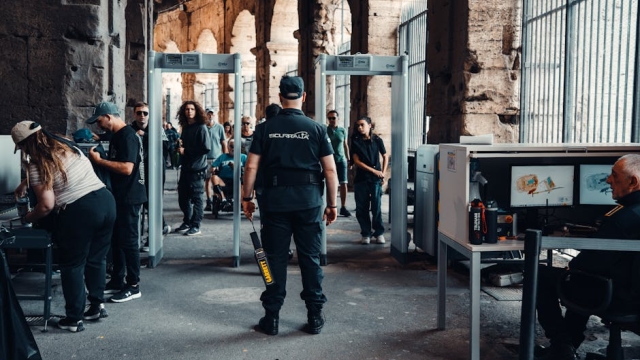
Corporate travel planning is a critical component of any organization that relies on travel for business purposes. It encompasses a range of activities designed to ensure that travel arrangements are efficient, cost-effective, and aligned with the needs of the business and its employees. As companies grow and expand their reach, the complexities of corporate travel can present unique challenges, making it essential to adopt effective strategies for smooth execution. This article delves into the fundamentals of corporate travel planning, essential tools and services for efficient travel management, and best practices to ensure cost-effectiveness and safety.
Understanding the Basics of Corporate Travel Planning
The first step in effective corporate travel planning is understanding the objectives behind the travel. Companies must consider the purpose of each trip—whether it is for attending conferences, client meetings, or site visits. Setting clear objectives allows planners to tailor travel arrangements to meet the specific goals of the trip.
Another crucial aspect is the needs of the travelers themselves. Gathering insights from employees about their preferences regarding airlines, accommodations, and travel itineraries can lead to a more enjoyable experience, ultimately enhancing productivity. This understanding fosters a positive travel culture within the organization, encouraging employees to embrace business travel as a valuable opportunity rather than a burden.
Essential Tools and Services for Efficient Travel Management
In the realm of corporate travel planning, leveraging technology can significantly streamline the process. Travel management software is one of the most essential tools available, enabling companies to manage bookings, track expenses, and generate reports efficiently. These platforms often provide a centralized database that allows for easy access to travel itineraries, making it convenient for both travelers and managers.
Booking platforms play a vital role as well, offering a range of options for flights, hotels, and ground transportation. Many of these services come with features that allow for real-time updates, helping travelers stay informed about changes in their plans. Additionally, integrating a travel policy within the booking process ensures that all arrangements adhere to company guidelines, promoting compliance and cost savings.
Furthermore, providing access to travel agencies or consultants can add a layer of expertise that may be beneficial, especially for complex itineraries or international travel. These professionals can assist in negotiating rates and securing accommodations that align with corporate standards, thus enhancing the overall travel experience.
Best Practices for Cost-Effective Corporate Travel
Cost management is a top priority in corporate travel planning. One effective strategy is to establish a comprehensive travel policy that outlines acceptable expenses, preferred vendors, and guidelines for booking travel. This policy should be communicated clearly to all employees to ensure compliance and minimize unnecessary expenditures.
In addition to a travel policy, organizations can implement a pre-approval process for travel requests. This allows management to review and approve travel plans based on budget constraints and business priorities. Monitoring travel expenses throughout the trip can also help identify areas where costs can be reduced in the future.
Traveler safety should never be overlooked in corporate travel planning. Companies should prioritize the well-being of their employees by ensuring they are aware of safety protocols, emergency contacts, and travel insurance options. Providing resources and support during travel can give employees peace of mind, enabling them to focus on their business objectives.
Finally, post-travel evaluations are essential for refining the travel planning process. Gathering feedback from travelers about their experiences can highlight areas for improvement and help in formulating strategies for future trips. This evaluation not only enhances travel management but also demonstrates a commitment to continuous improvement, fostering a culture of accountability and responsiveness.
In conclusion, effective corporate travel planning hinges on a thorough understanding of travel objectives, the use of supportive tools and services, and adherence to best practices. By embracing these principles, organizations can navigate the complexities of business travel while ensuring a streamlined, cost-effective, and safe experience for their employees. For more insights on corporate travel planning, visit this resource.
